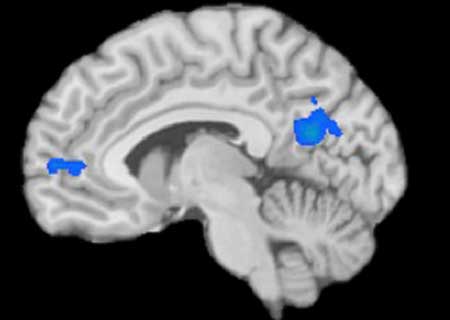Staying focused on one thing and being at peace within is not everyone’s expertise. But, a little practice could eventually help as scientists from the Yale University have affirmed that meditation apparently deactivates the portions of the brain associated with daydreaming and psychological issues like autism and schizophrenia.
The team believed that the power of concentration during meditation is presumably linked to elevated levels of glee. Of late, meditation has shown its prowess in a wide range of health problems ranging from skin diseases like psoriasis and even cancer.
“Meditation’s ability to help people stay in the moment has been part of philosophical and contemplative practices for thousands of years. Conversely, the hallmarks of many forms of mental illness is a preoccupation with one’s own thoughts, a condition meditation seems to affect. This gives us some nice cues as to the neural mechanisms of how it might be working clinically,†opined Judson A. Brewer, assistant professor of psychiatry and lead author of the study.
In the study, it came to light that people who were good meditators apparently manifested less activity in certain regions of the brain called default mode network. The latter seemed to be associated with attention spans, anxiety, ADHD and Alzheimer’s disease.
Also, the scans showed that the areas of the brain linked to self-assessment and mind control worked cohesively in experienced meditators, unlike those who are a novice to such therapies. This implied that meditators are persistently repressing thoughts associated with preoccupation and mind-wandering. These conditions if accounted for pathologically, seemed to be the hallmarks of autism and schizophrenia.
This kind of state free from wandering thoughts invoked by self-centered attitude, was supposedly seen in meditators. It was like a new default mode constituting present-centered awareness working for those who meditated on a regular basis.
The study is published in the journal, Proceedings of the National Academy of Sciences.


